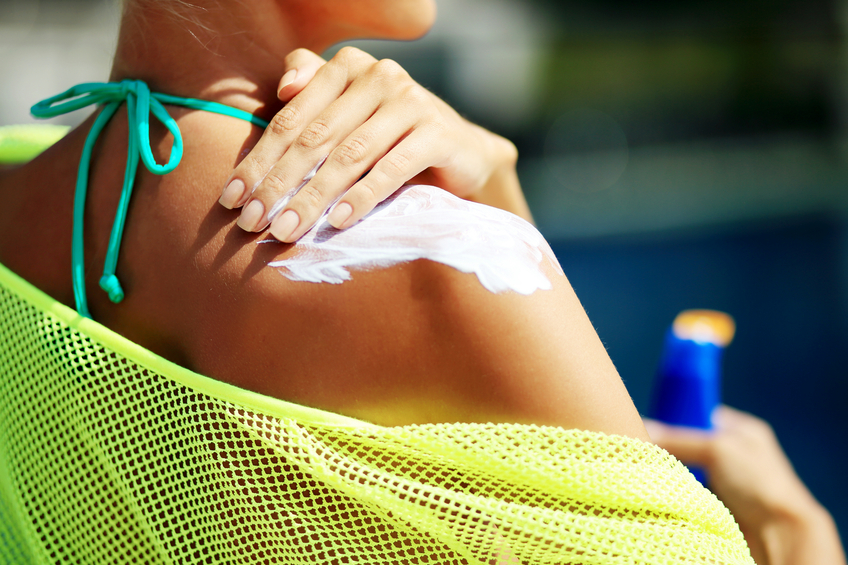Look at just about any health publication this time of year and you’ll see a permutation of this headline: “How to Protect Yourself from the Sun.”
They go on to tell you how you should wear a hat, long sleeves, and stay out of sun during the middle of the day. And above all, they urge you to use sunscreen every day.
There’s two simple truths these articles don’t tell you.
The first is that you need the sun. When sunshine hits your skin, you produce vitamin D that is essential for good health. Low vitamin D puts you at greater risk for Alzheimer’s, cancer, heart disease, and depression.1
The second truth is that there is no evidence sunscreen prevents melanoma. This is the deadliest form of skin cancer. Some studies have actually suggested that sunscreen use increases melanoma risk.2
Get the Vitamin D You Need… But Don’t Get Sunburned
Like most things in life, moderation is the key. You want enough sun to maintain healthy vitamin D levels. But not so much that you get sunburned. The optimal amount of exposure varies, depending on how dark your skin is, where you live, and the time of year.3 Most of us know how much sun we can get before we start to burn.
You want to get sunshine every day…but stop short of burning. Let the sun hit your skin. A few minutes before you think you may burn, then, and only then, should you consider using sunscreen.
But not all sunscreens are created equal. Avoid ones with oxybenzone. It is a hormone disruptor and allergen.4 Also, stay away from formulations with vitamin A. In sunscreens it is often in the form retinyl palmitate. There’s evidence it triggers skin cancer development.5
The Environmental Working Group recently rated hundreds of sunscreens for safety.6
Brands that earned their top safety rating included:
- All Good
- All Terrain
- Babo Botanicals
- Badger
- Blue Lizard
- BurnOut
- ThinkSport
Four brands received EWG’s lowest safety rating:
- Banana Boat
- CVS
- Neutrogena
- Sun Bum
Sunscreen should be your last resort. They can be unreliable because they come off with sweat or while swimming. And it’s easy to miss spots. (Remember to get the part in your hair!)
Get the sun you need, then cover up with clothing. If that’s not practical, then it’s time to turn to a safe sunscreen.
In Good Health,

Angela Salerno
Executive Director, INH Health Watch
Like this Article? Forward this article here or Share on Facebook.
References:
1http://www.everydayhealth.com/news/illnesses-linked-vitamin-d-deficiency/
2https://www.ewg.org/sunscreen/report/skin-cancer-on-the-rise/
3http://health.usnews.com/health-news/family-health/heart/articles/2008/06/23/time-in-the-sun-how-much-is-needed-for-vitamin-d
4https://www.ewg.org/sunscreen/report/executive-summary/
5https://www.ewg.org/sunscreen/report/8-little-known-facts-about-sunscreens/
6https://www.ewg.org/sunscreen/

